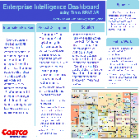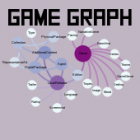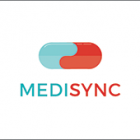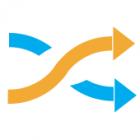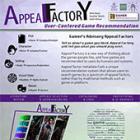
Dawg Data
Title: UW Athletics CRM Project Description: The University of Washington (UW) Athletics department has long been seeking a tool that has the ability to store and filter all of the data that they collect at various sporting events. Our solution is a Customer Relationship Management (CRM) system that the UW Athletics marketing department/analysts can use to increase sales on game day. Examples of searches that users will be able to conduct include: fans that have used the WiFi, fans that live in Bellevue, and fans that have been season ticket holders for 10 years. Our project will make a difference in the UW Athletics department by being able to conduct targeted searches on fans. The athletics department will have information on every fan that has ever been to a sporting event at the UW. By having access to this information, it will make the customer data more transparent and thus increase sales for the department. Team Members: Kevin Le and Mitchell Klein Program: Informatics

